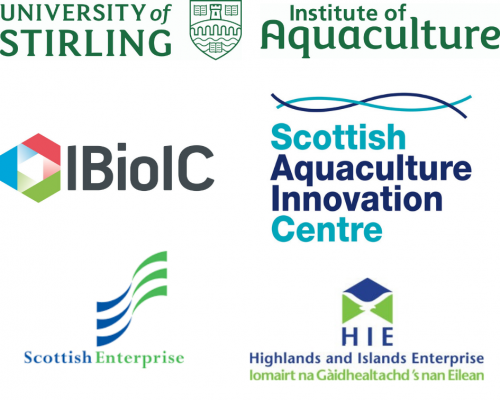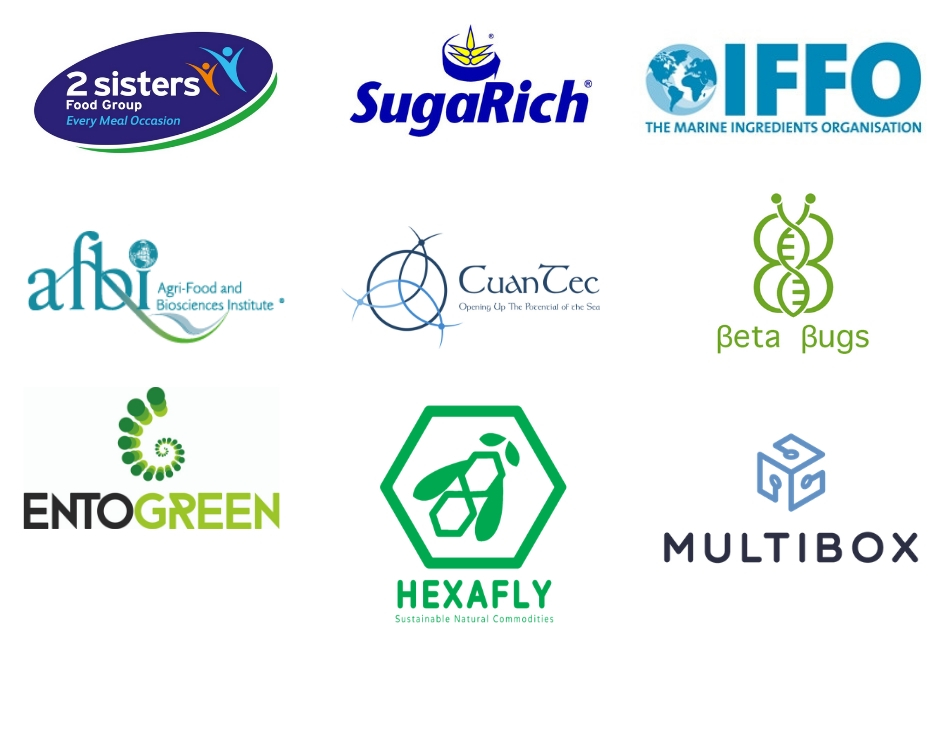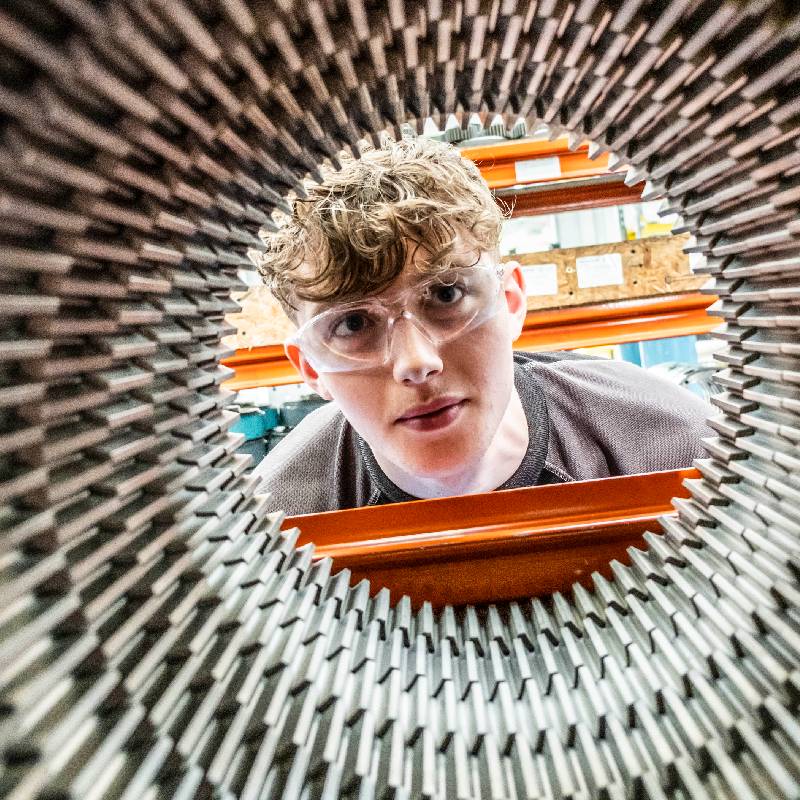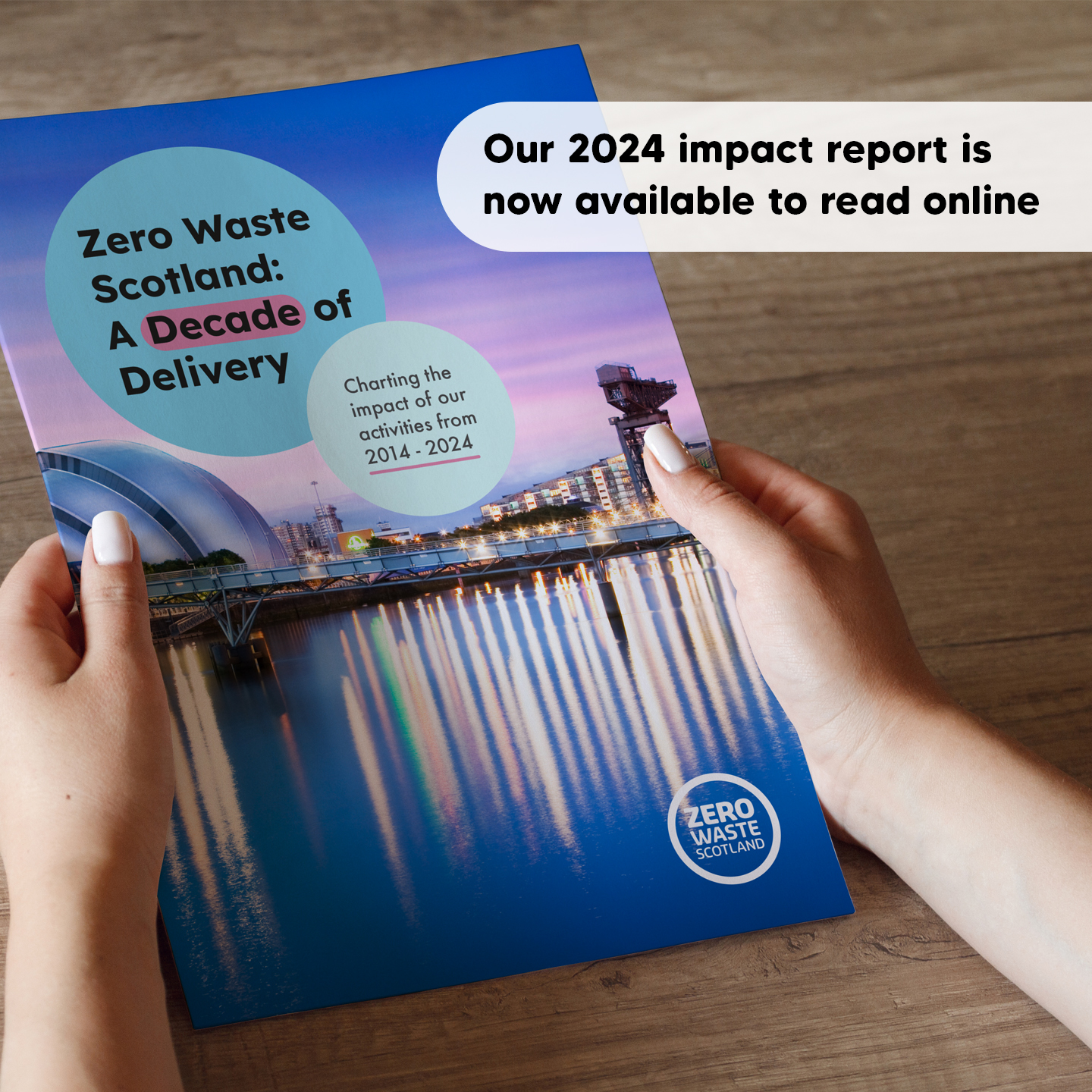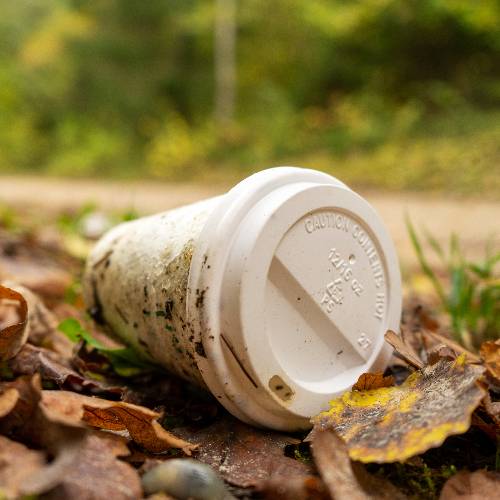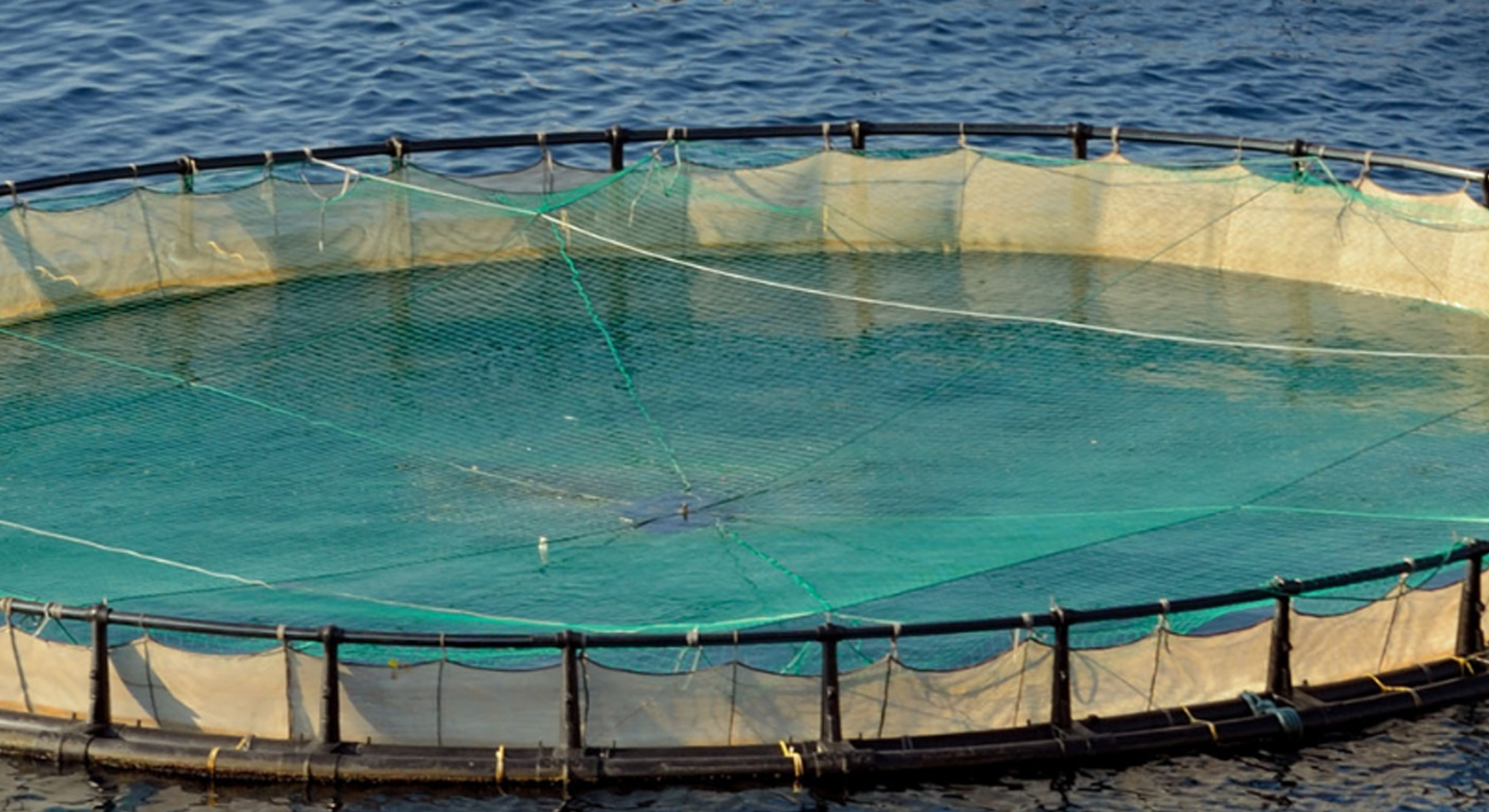
Insect Farming in Scotland
This report estimates the economic potential for Black Soldier Fly farming in Scotland and presents findings from a Scotland-specific Life Cycle Analysis study.
In 2016, the EU Commission released a white paper which found insect farming could provide a sustainable alternative source of protein for animal feed, while helping reduce the EU’s reliance on protein imports. In 2017, the EU passed legislation allowing use of select insect meal in aquaculture feed. An extension of this allowance to poultry is expected in the next 12-18 months.
Insect farming, particularly of Black Soldier Fly (BSF), offers an intriguing and elegant circular economy opportunity to turn organic residues, including pre-consumer food waste, into feedstock for food systems. Around the world, companies are constructing and operating commercial-scale insect farming plants.
Scotland is well-placed to become a global leader in this emerging industry owing to the Scottish Government’s circular economy objectives and food waste reduction target, and large aquaculture, agriculture and food and drink sectors.
This report estimates the economic potential for Black Soldier Fly (BSF) farming in Scotland and presents findings from a Scotland-specific Life Cycle Analysis (LCA) study, which found BSF farming in Scotland using pre-consumer food waste feedstock could provide a low-carbon, high-value alternative to conventional food waste treatment and protein production processes.
Event Summary
A recent stakeholder workshop brought together key organisations from across the would-be insect supply chain to share information and network.
Scotland is well-placed to become a global leader in this emerging industry owing to the Scottish Government’s circular economy objectives and food waste reduction target, and large aquaculture, agriculture and food and drink sectors.
This one-day stakeholder workshop brought together key stakeholders from across the would-be supply chain to discuss information presented by Scottish and international experts and provide a preliminary networking opportunity.
Topics covered:
The Need for Alternatives, Sustainable Protein
Dr Richard Newton from the Sustainable group at University of Stirling Institute of Aquaculture demonstrated how growing global protein demand for both animal feeds and human consumption is creating unsustainable environmental pressures on land, habitat and climate, and raising serious concerns about the sustainability of future protein supply.
The Global Driver: the ‘Protein Gap’
Dr William Clark from Zero Waste Scotland explored the regulatory measures governments around the world are using to address the so called 'Protein Gap', how these interventions are applied, and what the recommendations mean for Scotland.
Insect Farming – A Circular Economy Solution
Dr. Elaine Fitches of FERA established how insect farming fits within a more circular economy and closes the loop on organic supply chains, and why governments and businesses around the world see it as a novel source of sustainable protein as well as other valuable by-products.
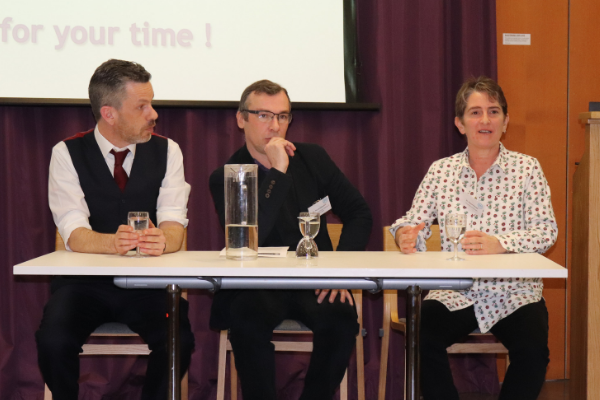
Legislation and Regulation
Christophe Derrien of IPIFF, Ian Murdoch (Presentation) from Scottish Government Animal Health, Fiona Donaldson (Presentation) of the Scottish Environmental Protection Agency, and Jennifer Howie (Presentation) from Food Standards Scotland confirmed legislation to enable and support insect farming has been developed around the globe, and within the EU and the legal and regulatory trajectory for Scotland.
Significant Protein Demand - Scottish Fish Farming Sector
Dr Sam Houston of the Scottish Aquaculture Innovation Centre explained the potential volumes and benefits of insect derived proteins as a feed ingredient for Scotland’s formidable fish farming sector.
Meet the Ento-preneurs
Thomas Farrugia from Betabugs, Keiran Whittaker (Presentation) of Entocycle, Daniel Murta (Presentation) from Entogreen, and Paul Wright (Presentation) of Multibox spoke about working and innovating in the insect farming sector.
Consistent Feedstock Supply – Scotland’s Agriculture and Food and Drink Sectors
Simon McKeating (Presentation) of Zero Waste Scotland, Julian Bell (Presentation) from Scotland's Rural College, Dr Steven Asiala (Presentation) of the Industrial Biotechnology Innovation Centre, and Allan Crooks (Presentation) from Zero Waste Scotland demonstrated how Scotland’s agricultural and food and drink sectors generate a significant and steady supply of high-quality organic feedstocks as by-products which could be used to feed the insects, and abundant waste heat which may be utilised through co-location of new facilities to mitigate some of the costs.
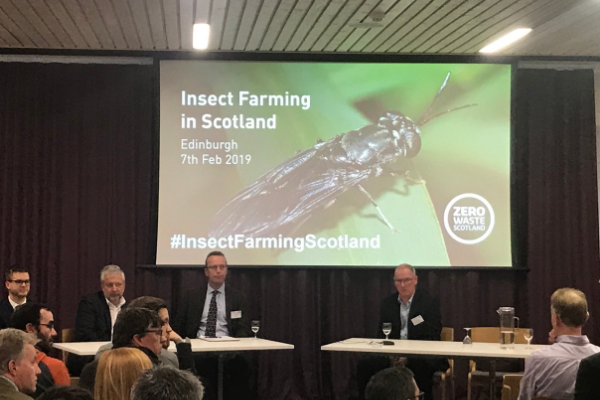
Business Support and Finance
Amanda Ingram (Presentation) from Zero Waste Scotland, Allison MacPherson (Presentation) of Scottish Enterprise and Caroline MacLellan (Presentation) of Highlands and Islands Enterprise confirmed the wide range of business and environmental funding and support that is available in Scotland.
Practitioner Presentation
Bon Tjeenk Willink (Presentation) from the Dutch insect farming company Protix revealed their journey and business model, and the future they see for the sector.
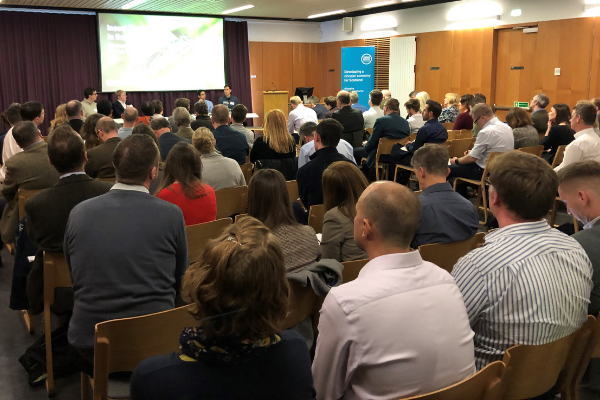
Zero Waste Scotland and partners would like to thank all speakers for their contribution.
Delivered in partnership with:
